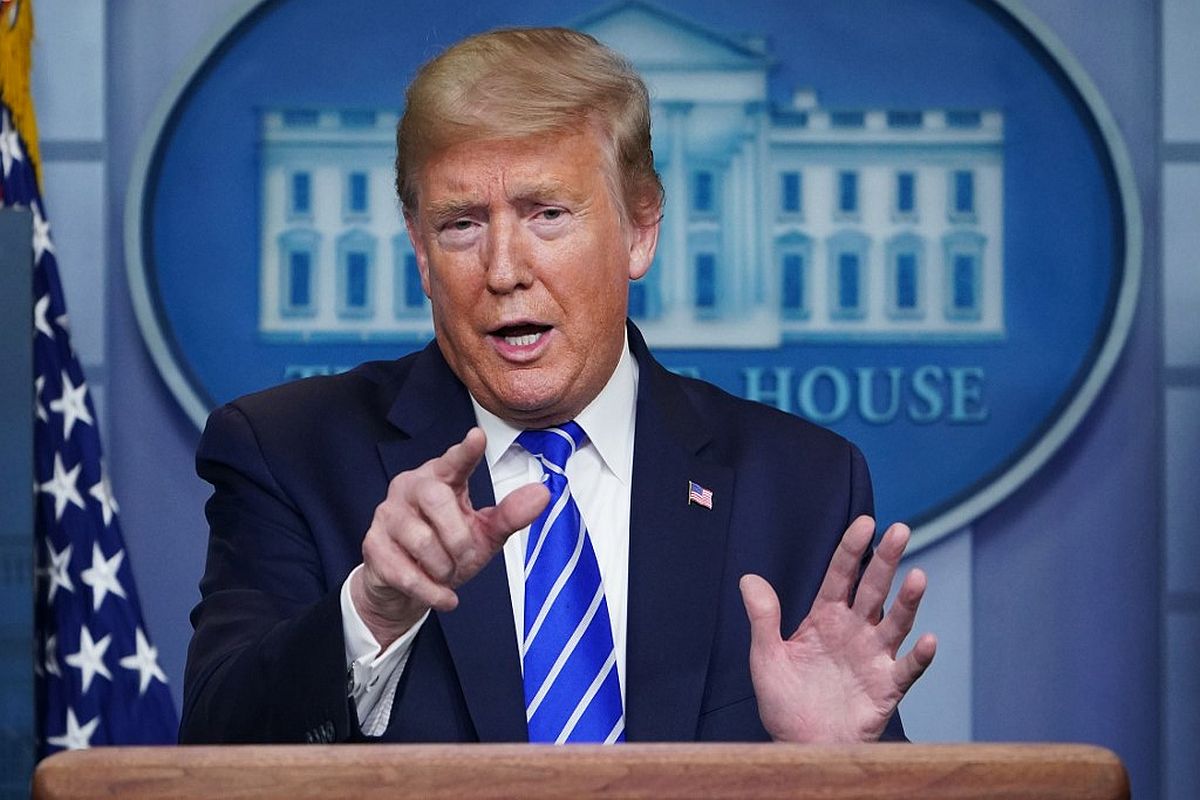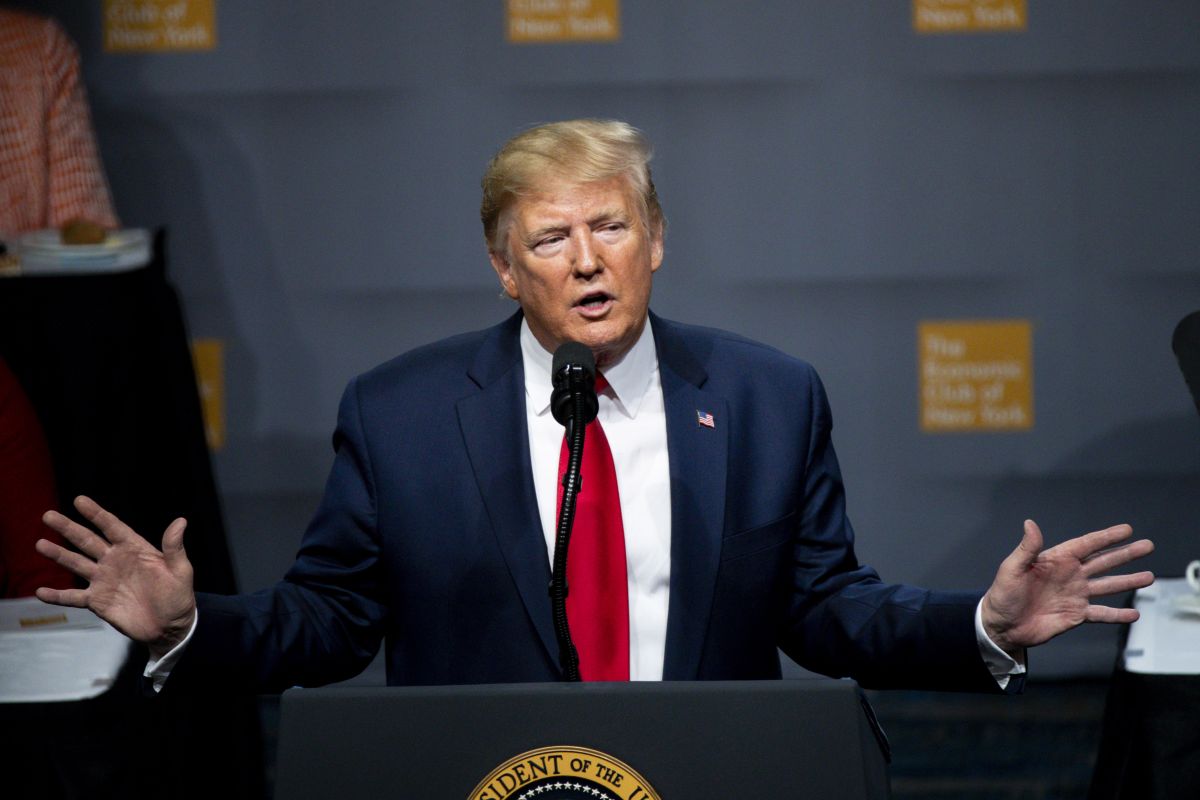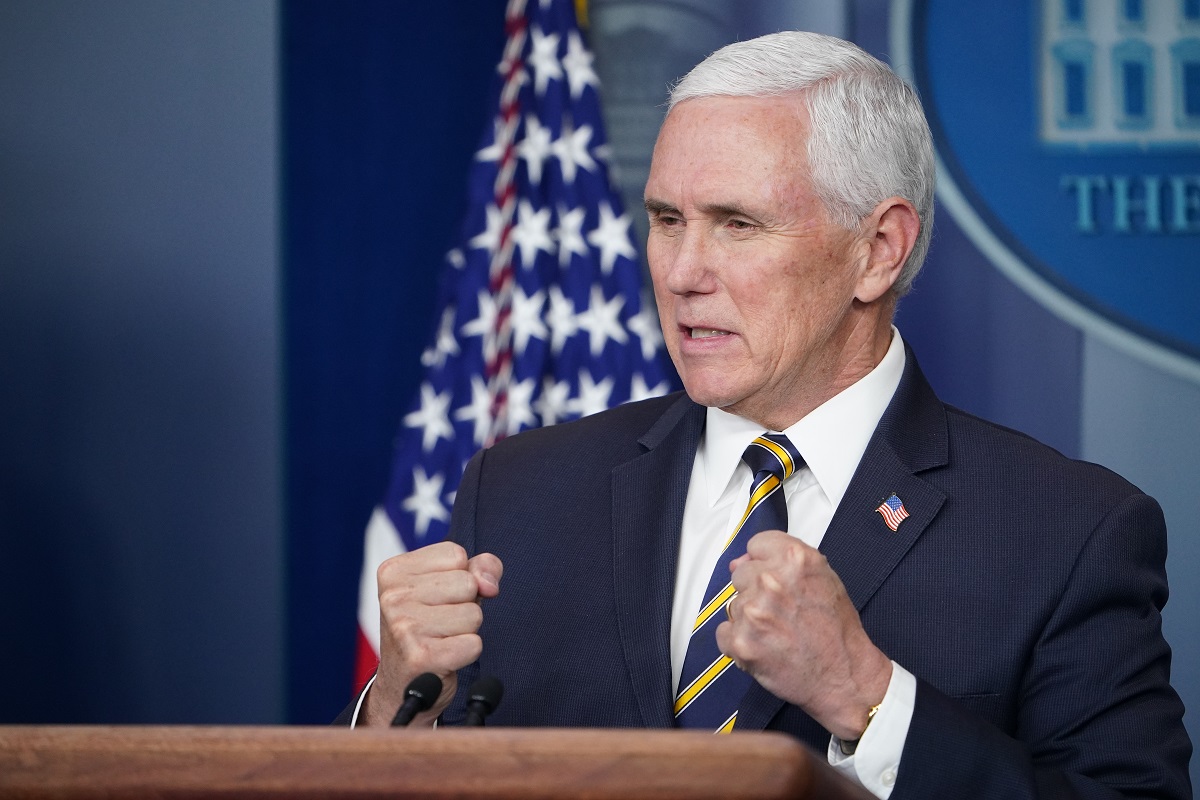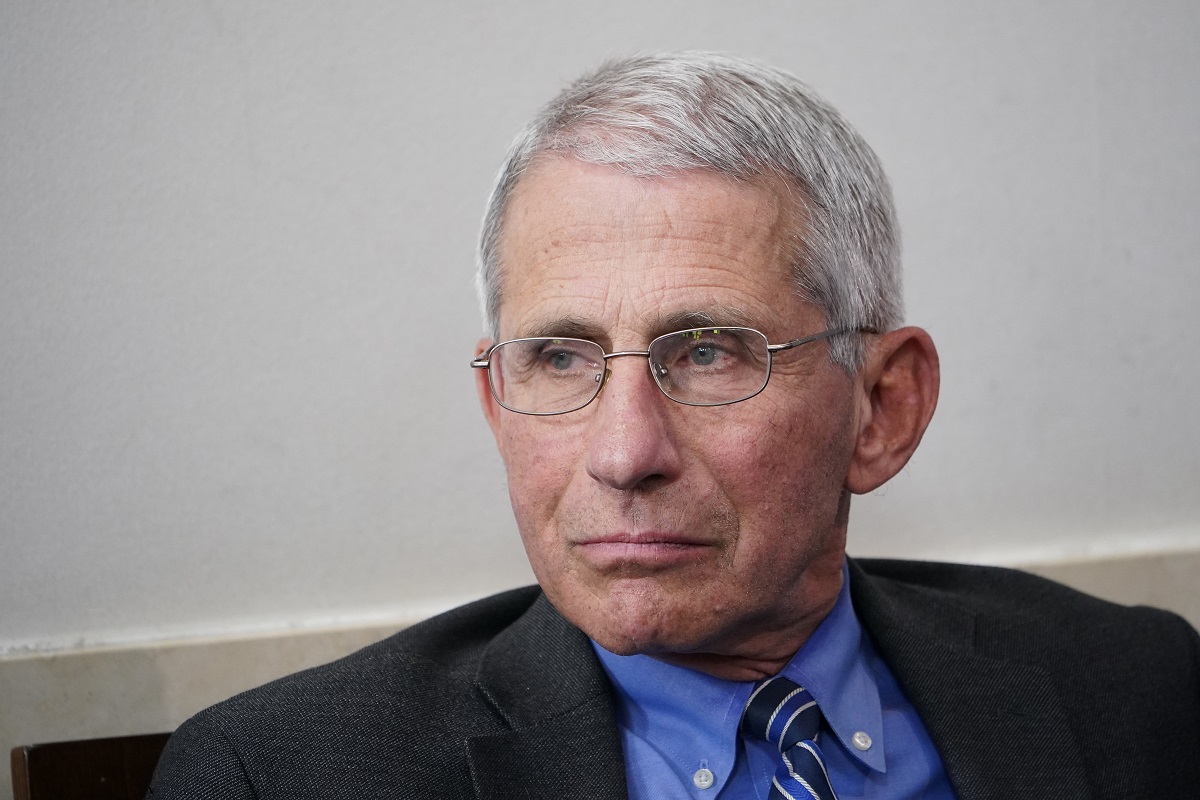Trump signs memo to extend federal hiring freeze through July: White House
US President Donald Trump has signed a memorandum extending the federal hiring freeze through July 15, White House principal deputy press secretary Harrison Fields wrote in a post on social media platform X.















